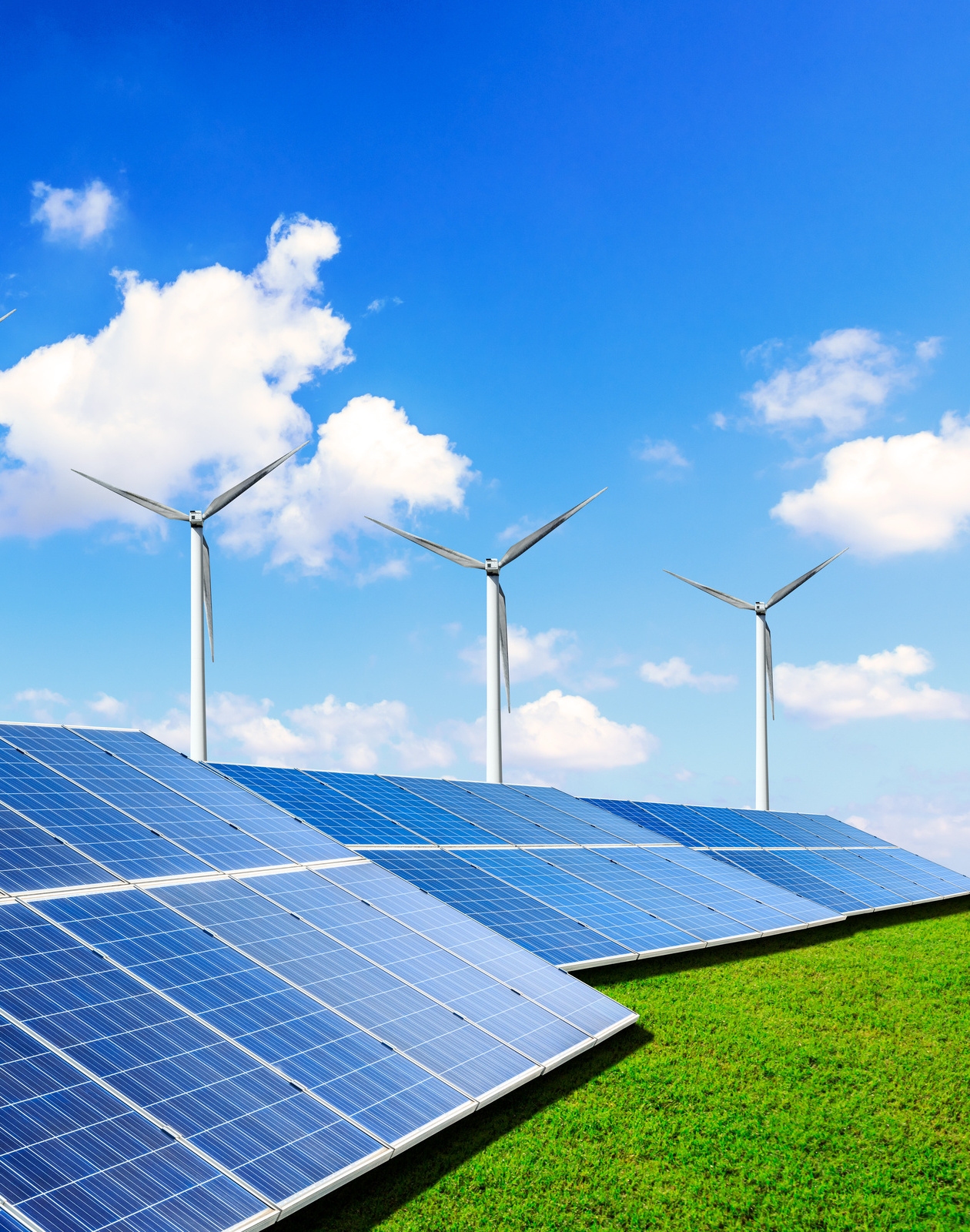Environment
Protecting the planet through innovation

Our Environmental Management System
Regulations and integrations for an even more rigorous monitoring plan
The environmental aspects of the tanning activity are regulated by detailed legislation, which is implemented through a series of permits issued by the Public Administration, containing the numerous requirements each company must comply with.
The legal complexity and, above all, the desire to ensure an effective and structured management have led Gruppo Mastrotto to adopt an Environmental Management System (EMS) that establishes a company policy, precise assignments of responsibilities both at the group level and for each facility, an environmental improvement program and adequate monitoring indicators.
- 01.
Reuse of water in some stages of the manufacturing process
- 02.
Timely control of water effluents
- 03.
Elimination of solvent-based products
- 04.
Initiation of recovery and reduction of packaging waste
- 05.
Adoption of advanced chemical-saving technologies
- 06.
Reduction of emissions into the atmosphere

Obtaining product carbon footprint certification according to ISO 14064-1 is further evidence of the company’s commitment to environmental responsibility, particularly highlighting its dedication to transparency and optimisation of energy processes and reduction of greenhouse gas emissions generated by its operations.
The certification, issued by the independent body DNV, involved all eleven Italian facilities and analyzed direct and indirect emissions, as well as those related to the external network of suppliers and services. Through specific software and access to international databases, we identified areas for energy improvement and defined a plan to progressively reduce emissions involving the entire supply chain.

As of January 1st, 2021, Gruppo Mastrotto purchases electricity from 100% renewable sources.
Renewability is formally guaranteed by a Guarantee of Origin, i.e. a certification that attests to the renewable origin of the sources used by the plants from which the company obtains its supplies.
This initiative is linked to the studies conducted to estimate the tanning business potential impact on climate change. It is part of a path that aims to reduce emissions by intervening both in energy flows and sources and in the company’s manufacturing processes.

As of June 2022, all Group collections and articles are carbon neutral in terms of direct and indirect Scope 1 and 2 emissions, thus having no negative impact on global warming. This important milestone is the result of a process articulated in three phases.
- Analysis of greenhouse gas emissions (LCA): we conducted an LCA analysis to calculate the greenhouse gas emissions of the finished leather, estimating its impact on global warming.
- Reduction of emissions by intervening in processes: data obtained allowed us to initiate a series of initiatives to reduce greenhouse gas emissions related to the production process.
- Compensation of emissions through recognized and credible tools: to eliminate the residual impacts of the tanning process, we joined compensation projects supported by the UNFCCC to reduce greenhouse gas emissions globally.
